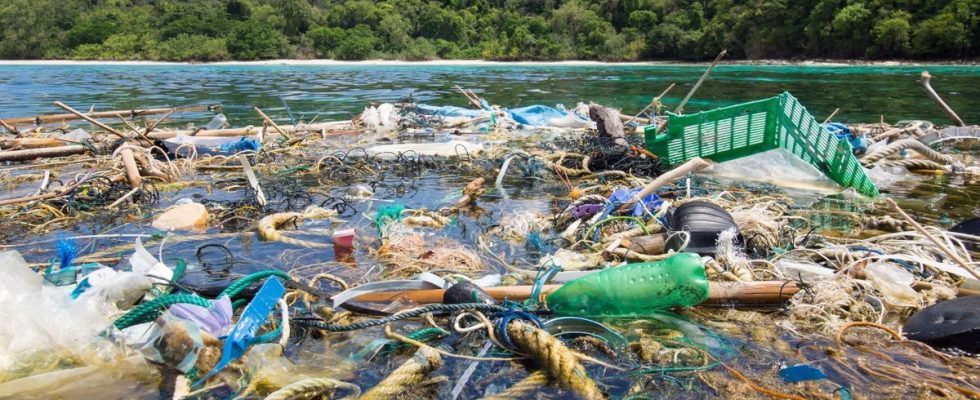Published on
Updated
Reading 1 min.
Plastic pollution is present everywhere in the world. However, a large part of the waste comes from less than sixty multinationals from the food, beverage and tobacco industries. This is what new research confirms.
Published in Science Advances, the study was carried out by an international group of researchers. According to the survey, 56 multinationals are responsible for more than half of the plastic pollution in the world, and six of them alone contribute to a quarter of this pollution! The research is based on the careful examination of more than 1,870,000 pieces of plastic waste collected by volunteers in 84 countries between 2018 and 2022. The majority of the waste collected consisted of single-use packaging for food, drinks and tobacco products.
Six companies responsible for a quarter of the world’s plastic pollution
Among all the packaging of the products collected, only half of them still included the name of the company that marketed them. The five most frequently identified brands on packaging globally were The Coca-Cola Company (11%), PepsiCo (5%), Nestlé (3%), Danone (3%) and Altria/Philip Morris (2 %).
“There is a clear and strong linear relationship between annual corporate plastic production and plastic pollution from brands, with food and drink companies being disproportionately large polluters“, underline the authors of the publication.
Researchers call for new legislation
In view of these results, the researchers highlight the need for greater transparency in the production and labeling of plastic products and packaging: “Action by these companies, whether voluntary or mandated by governments or a legally binding international instrument, can positively address the problem“, they emphasize.
The latter recommend in particular the creation of an open-access international database in which companies would be obliged to track and quantitatively report their products, their packaging, their brands and their releases into the environment. The development of international standards concerning the marking of packaging in order to facilitate their identification would also be a concrete solution, argue the authors of the study.
